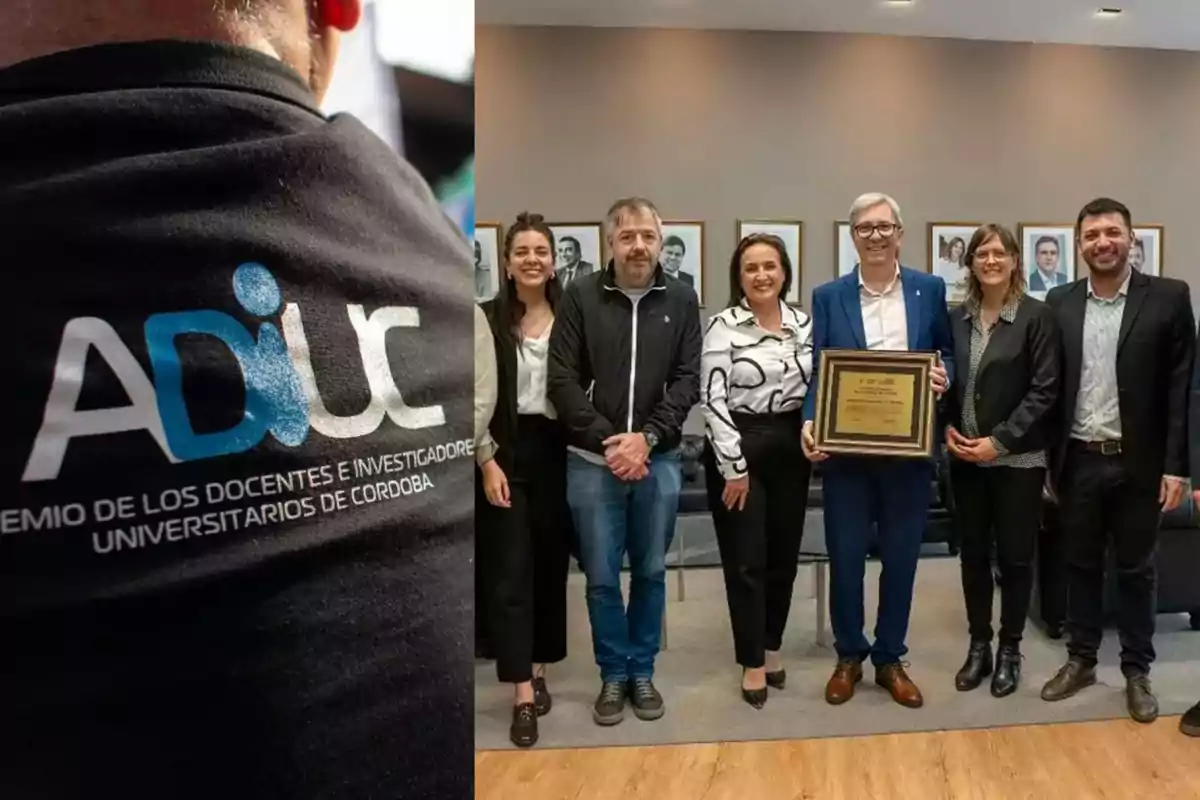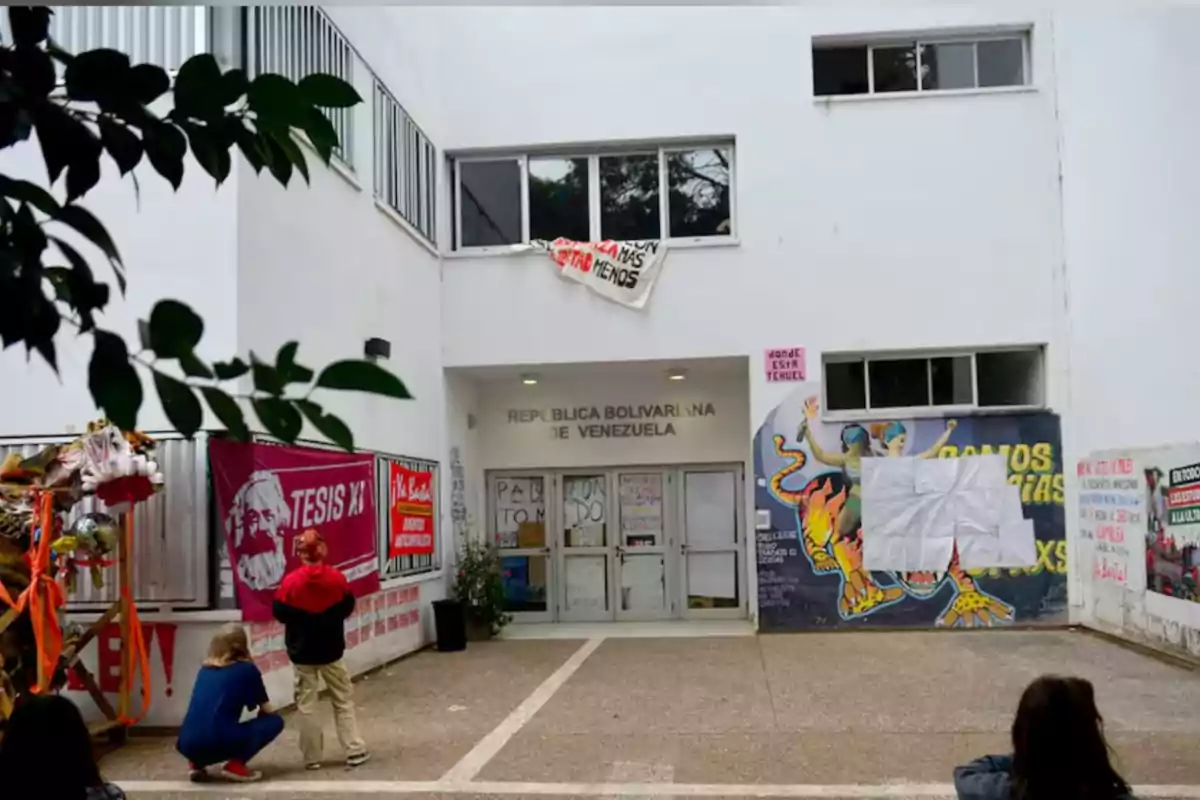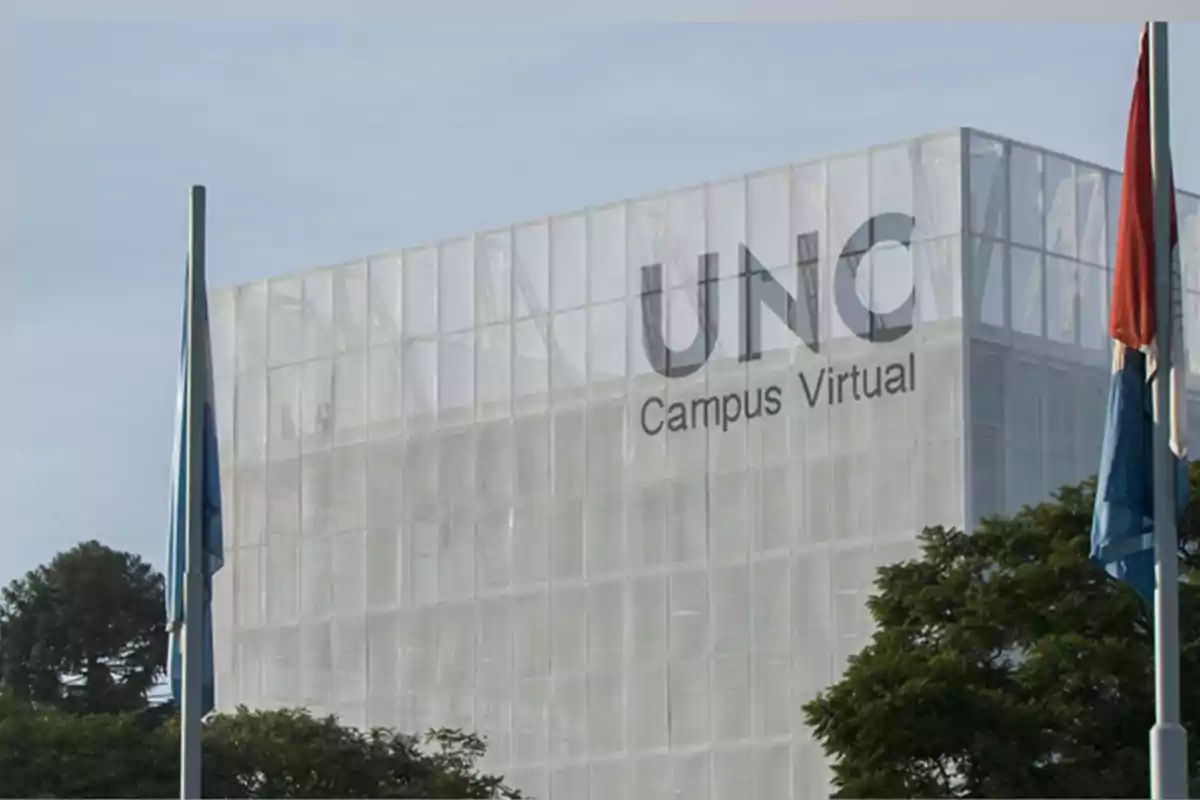
UNC appears in rankings, but they don't have exams due to unjustified strikes by unions
The unions are freezing exams and playing partisan games with the future of thousands of students who are missing exams and classes
The National University of Córdoba is experiencing a total paralysis. With no classes or exams, academic activities are suspended due to a union decision. Meanwhile, the national government has confirmed that the funds for operations are guaranteed.
The Ministry of Human Capital states that the university budget was transferred on time and in full. Operational funding was respected and updated based on the needs reported by the universities. Despite this,unions such asADIUC are maintaining a strike that blocks the continuity of the second semester.
The contradiction doesn't go unnoticed in public opinion. UNC received recognition for its position in the QS 2025 ranking, but it has no classes. On the same day it was honored in the Legislature, exams remained suspended due to a conflict that now seems more political than salary-related.

A pressure strategy without foundation
National authorities maintain that the university system has the resources to guarantee full operations. The faculty conflict, they assert, responds to union and partisan objectives that have little to do with the budgetary reality. The funds were transferred, but classrooms remain closed.
Faculty unions insist that there is no "real collective bargaining," although the government has called successive informational meetings. The request for increases outside the current macroeconomic framework was not accompanied by concrete proposals. Meanwhile, students continue without classes or evaluations.
Rector John Boretto has chosen a low profile in the face of the conflict. He avoids confrontation, but his lukewarm response to union inaction is increasingly criticized. In many faculties, even among authorities, discomfort is growing over the lack of decisions that guarantee the right to study.

International prestige, local paralysis
UNC was recognized among the ten most prestigious universities in the country and among the top 800 in the world. The award, promoted by legislator Dante Rossi, was unanimously approved in the Córdoba Legislature. However, in the halls of the Argentina Pavilion, faculty members repeat: "What is the point of being in a ranking if we can't teach classes?"
The picture is clear: international awards, but doors closed due to union pressure. Frustrated students, paralyzed calendars, and authorities held hostage by ideologized unions. The contradiction between symbolic prestige and institutional deterioration is increasingly obscene.
National government officials emphasize that the conflict responds to "internal logics of the university system." Operational funds were transferred, but universities are not guaranteeing the completion of the academic cycle. The paralysis is not budgetary, but political.

Audits, political coffers, and students held hostage
Meanwhile, Javier Milei is promoting a reduction in public spending, while university sectors accuse a non-existent adjustment. The "emptying" narrative doesn't withstand analysis when funds arrive and universities neither open nor allow audits.
The union discourse repeats slogans about defending the public university, but abandons students. Those who pay the price of this crisis are not the officials, but the students who can't take exams or advance in their studies. This is a strike that punishes the most vulnerable.
University politics today seems trapped between the silence of its authorities and the intransigence of its unions. UNC—historic home of pure academic excellence—remains a symbol of a contradiction: more budget is demanded, but teaching is refused even with guaranteed resources.
More posts: